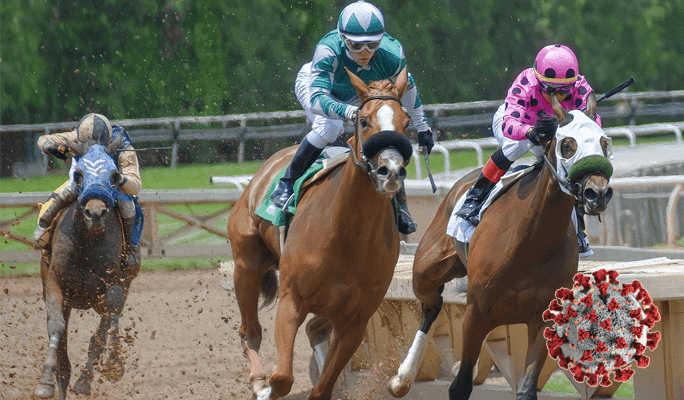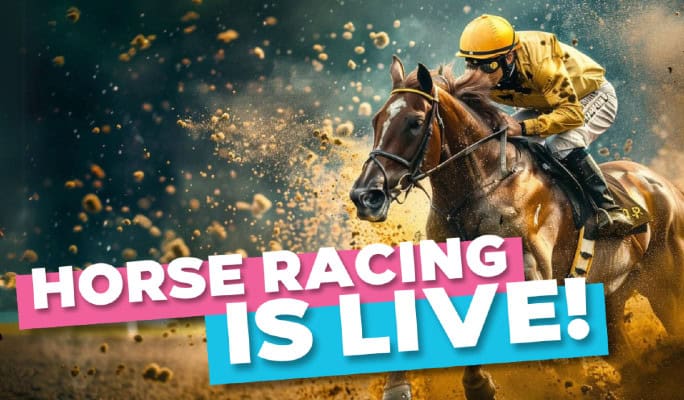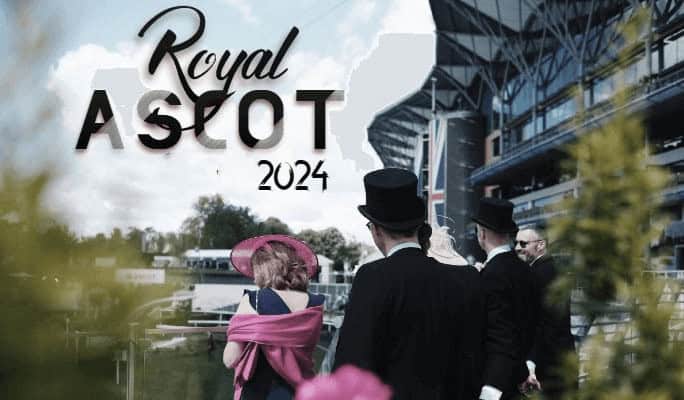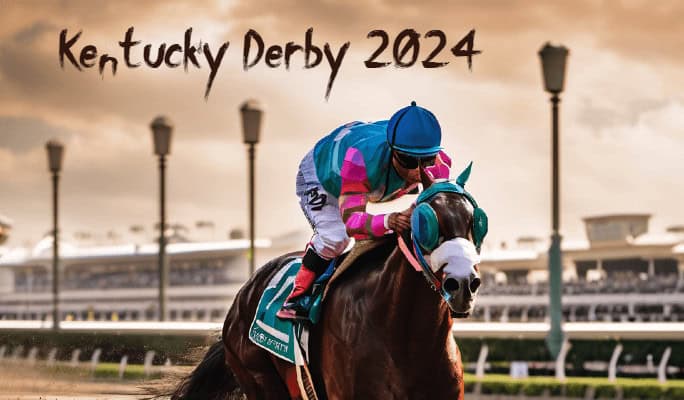
COVID-19 and the horse racing industry
For the first time in its history, the Durban July took place behind closed doors. The fact that the event was still able to take place is testament to the resilience of the horse racing industry. With Covid-19 affecting the entire sporting industry, horse racing has adapted as best possible.
Horse racing in South Africa
Estimated to contribute 3 Billion Rand a year to the South African economy, horse racing in South Africa is a big deal. Employing about sixty thousand people, the industry has been around for a long time- the first reported races dating to 1985. Two of the most popular events are the Met and the Durban July.
The Met, a Summer event held in Cape Town is part of the Western Cape’s scene and has been around since 1883. The Durban July in comparison, is a Kwazulu Natal Winter event dating to 1897. Regarded as the premier event in South Africa, the winner of the July takes home 2.5 Million Rand in prize money. Gauteng also offers a spread of events in Autumn and Spring. This completes a year-round offering for horse racing enthusiasts.
Both directly and indirectly, the horse racing industry provides for thousands of jobs. One cannot deny the positive economic impact it has for the country.
COVID-19 impact on horse racing
With all sports postponed due to the Covid-19 pandemic, the horse racing industry has been hit particularly hard. The sheer quantity of people involved in the industry is large. From the jockeys, to the trainers and the grooms, all involved will have felt the economic impact. The breeders were specifically affected, as with no racing, there was no demand for horses and hence no income. While there was a halt in competitive racing, the people involved in the industry felt a great deal of unease. The downstream effect of the shutdown effectively halted not only an individual’s capacity to earn an income. It also affected the horses directly. Tragically, the number of horses being euthanised increased drastically. Up to 400 horses were at risk of this fate for every month lost. The lack of demand for horses and the high running costs all contributed to this terrible scenario.
The comeback of horse racing after the COVID-19 shutdown
On the 1st of June, horse racing resumed on a ‘behind closed doors’ basis. Some of the protocols introduced are that jockeys are not able to travel between provinces, only essential personnel can be present at the events, and no spectators can attend. However, both racing and betting have resumed. The Durban July, which traditionally takes place on the 1st Saturday of July took place later in the month on Saturday the 25th. While no spectators could attend, an expected R200 Million in bets were still placed. In all accounts, the event was a success. More importantly, the largest relief would be the fact that all involved in the industry can continue with their jobs. Thankfully the well-being of the horses is also no longer a concern.
The future of horse racing in South Africa
While nobody can predict how long the Covid-19 pandemic will last, the glimmer of hope is that horse racing has now returned. As the lockdown levels ease, more ‘normality’ will be able to return. One would predict that the 1st event where spectators can attend will sell out. The question around whether the sport will be able to return to its previous levels of success remains. Even before the pandemic this industry was widely reported to be on the decline., The major role players will need to adapt to the new environment that sport in general finds itself in. It could be argued that a public starved from sport, will flock to all events once allowed.
The challenge will be how to build on the surge of interest expected once spectators can physically attend again. Subsequently, role players will need to consider how to keep the online betting in focus while at the same time attempting to satisfy traditional punters.
If anything, the Covid-19 pandemic has taught different industries how to adapt to the changing environment. Sport specifically has had to focus on how to maintain the entertainment factor, while operating behind closed doors. Can the horse racing industry combine the new normal of racing behind closed doors with its traditional blueprint once the lockdown levels allow? One can only hope that the way forward will make for an even greater product for all.



